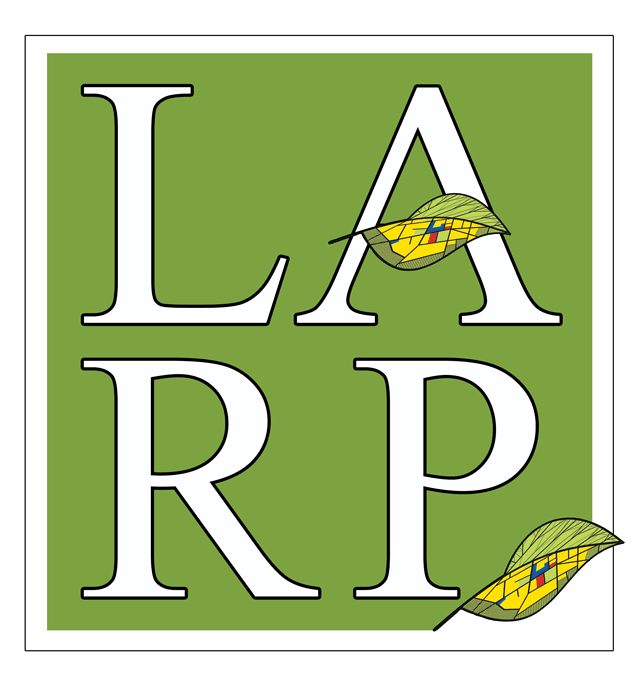
Landscape Architecture & Regional Planning Studio and Student Research and Creative Activity
Publication Date
Spring 5-15-2022
Abstract
The global health burden of mental health disorders is immense. The World Health Organization ranks depression as the single largest contributor to global disability; anxiety disorders alone rank sixth. One in four people will have a diagnosable mental illness in their lifetime and mental health conditions are increasing worldwide, rising 13% in the last decade. The economic implications are also immense, costing the global economy US $1 trillion each year. Mental health is more than the absence of disorders or disabilities, however. It is defined by the WHO as “a state of well-being in which an individual realizes his or her own abilities, can cope with the normal stresses of life, can work productively, and is able to make a contribution to his or her community.” Determinants of mental health include social, cultural, psychological, biological, economic, political, and environmental factors. Despite the complex interaction of contributing factors that determine an individual’s mental health condition, a growing body of research has found the built environment to be an important determinant (Evans 2003; Firdaus 2017; Satcher, Okafor, and Dill 2012). Streets are, in turn, the most prominent element of the urban public realm, and they represent an important opportunity to implement landscape-based features that may improve a community’s mental health and well-being. This project will generate a landscape design plan for streetscapes in Winooski, VT that strives to promote improved well-being and mental health for local residents. The city of Winooski was selected because it is the most ethnically diverse and one of the poorest towns in the state of Vermont (of towns with more than 2,000 people) according to the American Community Survey. Even though community mental health data is hard to access, low socio-economic status and ethnic minority neighborhoods are risk factors for poor mental health.
Creative Commons License

This work is licensed under a Creative Commons Attribution-Noncommercial-No Derivative Works 4.0 License.
Included in
Community Health and Preventive Medicine Commons, Environmental Design Commons, Environmental Public Health Commons, Landscape Architecture Commons, Other Public Health Commons, Other Social and Behavioral Sciences Commons, Urban, Community and Regional Planning Commons